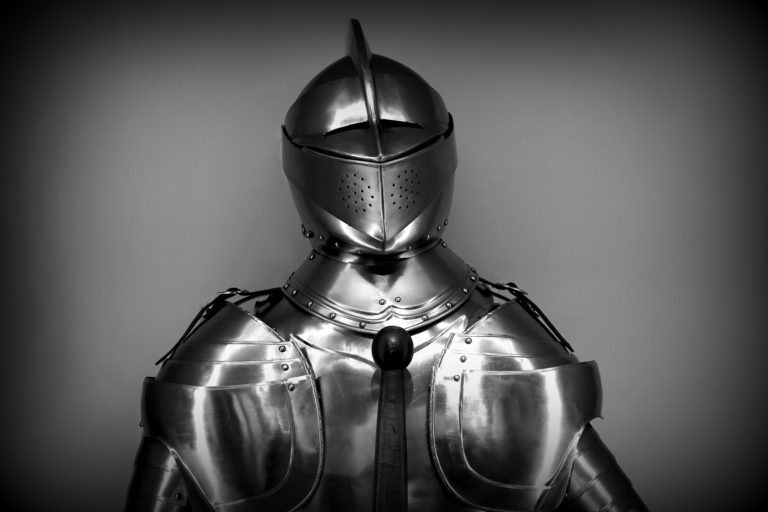
What Estate Planning Documents Do I Need for a Happy Retirement?
Most people can’t wait for retirement, and even more would likely opt for some form of early retirement, if they had the opportunity. Whenever you ultimately decide to cut down your time at work or leave the workforce altogether, you need to ensure that you have a full slate of estate planning documents in place.








